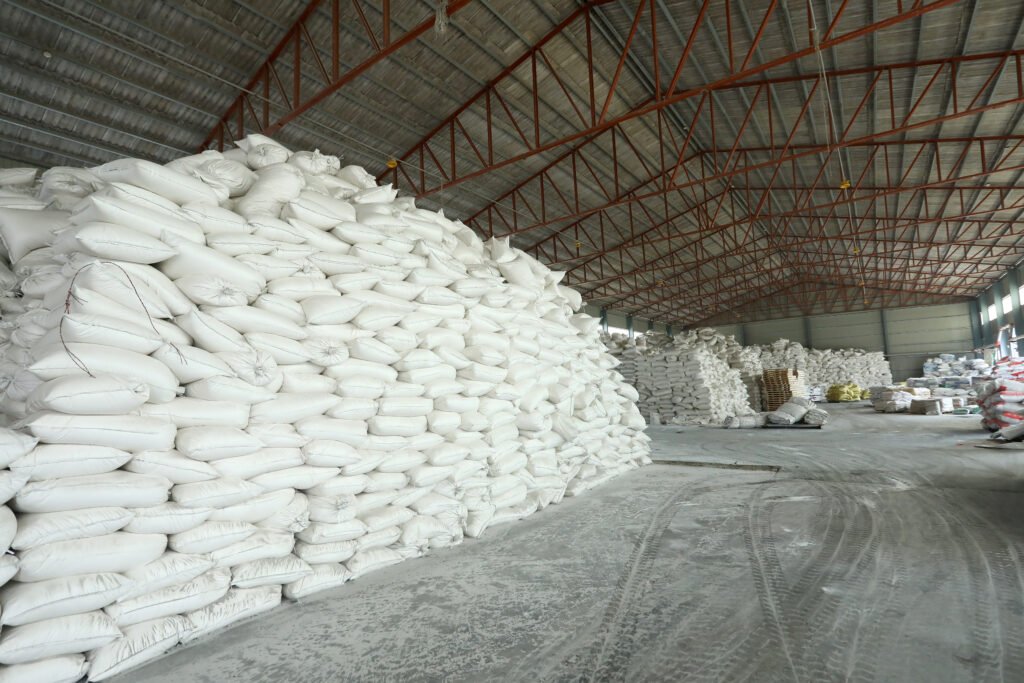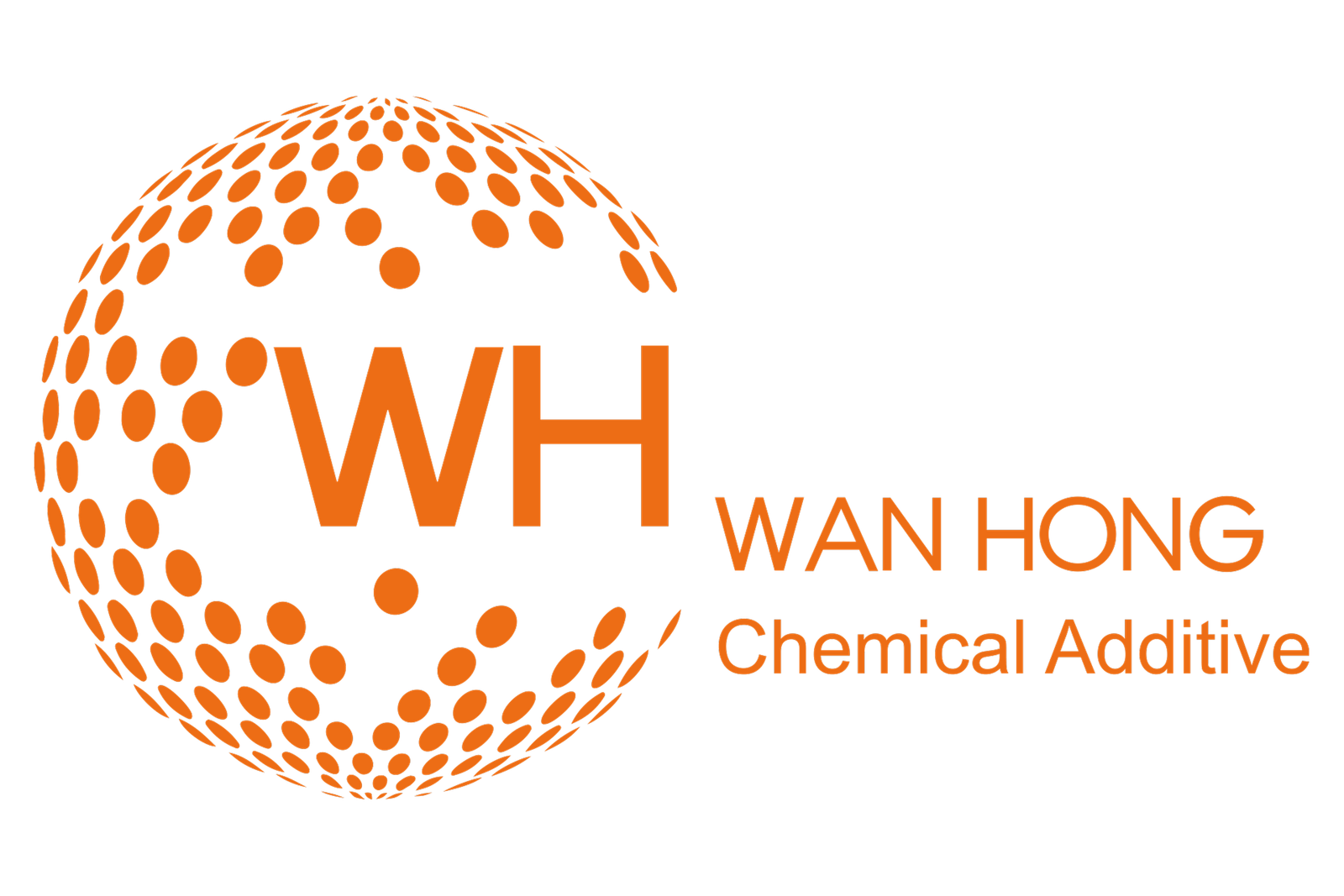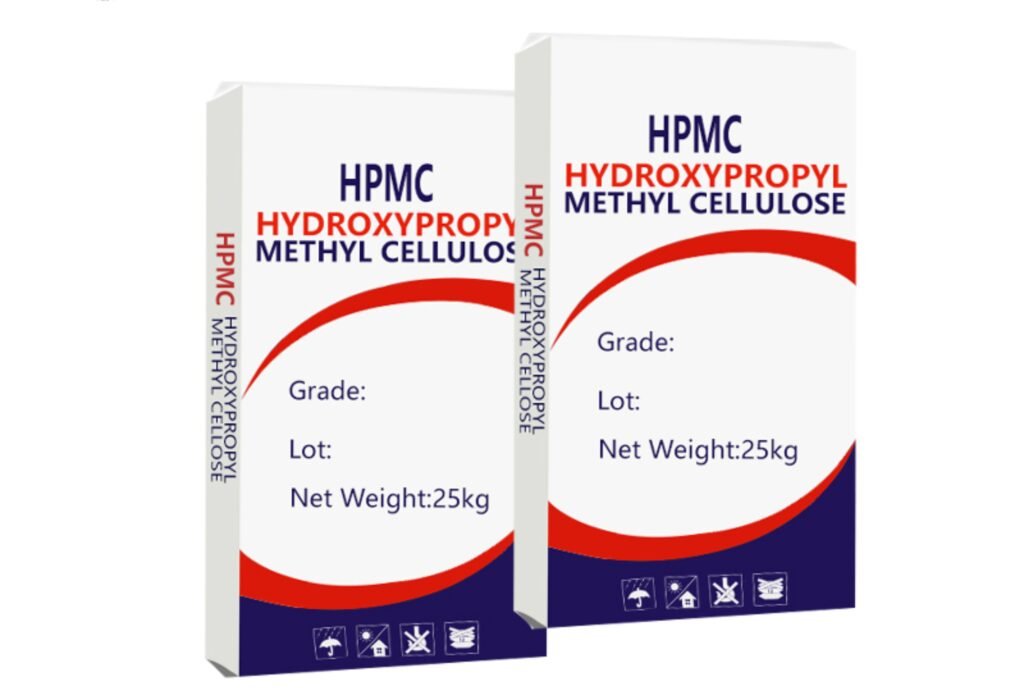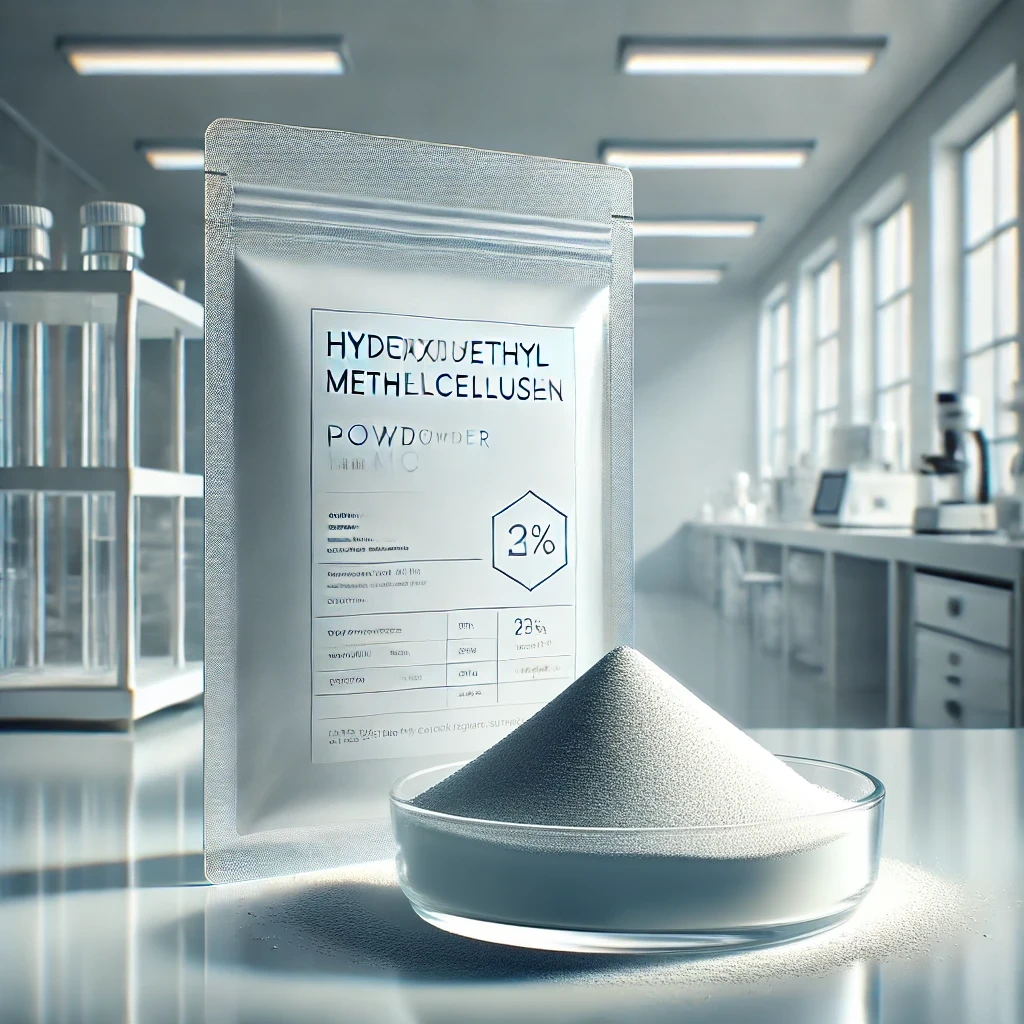
Hydroxyethyl Methyl Cellulose(HEMC):
Hydroxyethyl Methylcellulose (HEMC) is a versatile cellulose ether derived from natural cellulose. It appears as a white, odorless powder that forms a clear, viscous solution when dissolved in water. HEMC is widely used in various industries due to its excellent thickening, water retention, and film-forming properties.
HEMC has applications in construction, pharmaceuticals, food, cosmetics, and other industries, making it an important ingredient in many formulations.
Main features of Hydroxyethyl Methyl Cellulose(HEMC)
Water Solubility:
HEMC dissolves in cold water, providing a wide range of viscosity solutions. This property makes it suitable for use in aqueous systems where solubility and dispersion are required.
Water Retention:
HEMC is an excellent water retention agent, which is particularly valuable in construction materials like mortar and plaster. It prevents premature water loss, ensuring proper hydration and curing of cementitious materials.
thickening properties:
This product has excellent thickening capabilities, helping to increase the viscosity and stability of liquid and semi-solid formulations.
Film Formation:
It forms strong, flexible, and clear films when dried. This property is advantageous in coatings, adhesives, and edible films, where film integrity and aesthetics are critical.
Bio-stability:
It is resistant to biological degradation, which helps in extending the shelf life of products formulated with HEMC.
Adhesion:
HEMC improves the adhesion of formulations to substrates, which is important in applications like tile adhesives, wall putties, and in enhancing the bond strength in construction materials.
Applications of Hydroxyethyl Methyl Cellulose(HEMC):
Construction Materials:
Used in cement-based products like tile adhesives, plasters, and grouts.
HEMC improves water retention, allowing for longer workability times and ensuring better hydration of cement, leading to stronger final products. It also enhances adhesion to substrates, reduces sagging, and improves the overall performance of the construction materials.


Pharmaceutical and Cosmetic Products:
Used as a binder, film-former, and viscosity enhancer in pharmaceutical tablets and cosmetic formulations.
In pharmaceuticals, HEMC facilitates tablet compression and controlled drug release. In cosmetics, it improves the texture and stability of products such as creams, lotions, and gels, providing a smooth, luxurious feel.
Food Industry:
HEMC improves the mouthfeel and texture of food products like ice cream, sauces, and bakery items. It helps stabilize emulsions and suspensions, preventing phase separation and extending shelf life.


Paints and Coatings:
Incorporated into water-based paints and coatings.
HEMC acts as a thickener, providing a desirable consistency and facilitating easier application. It helps in stabilizing the paint formulation, improving its resistance to spattering during application, and enhancing the film properties of the dried coating, contributing to a smooth and durable finish.
Ceramics:
Used in ceramic extrusion and casting processes.
HEMC improves plasticity and workability of ceramic slips and doughs, enhancing moldability and reducing cracks and defects in the final products.
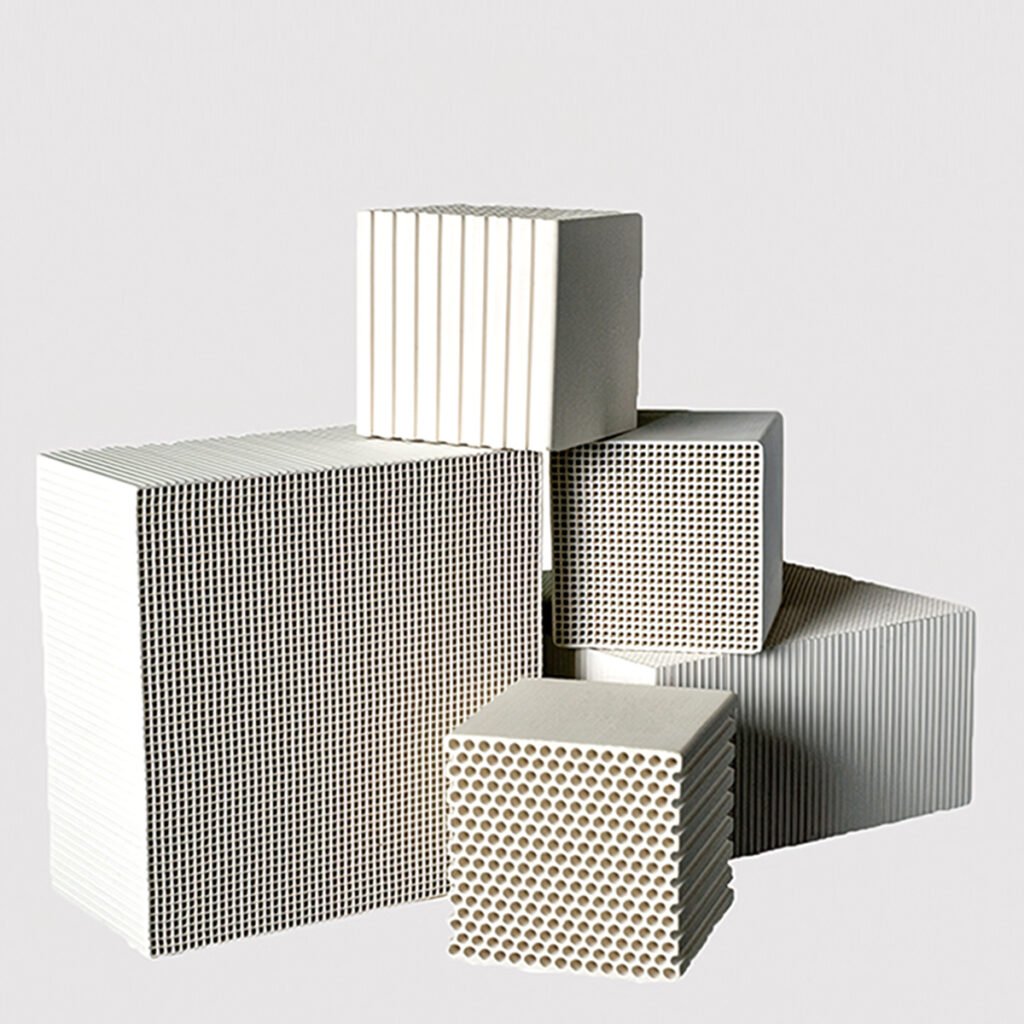
Recommended Products
| Application | Item No. | Viscostiry Brookfied |
|---|---|---|
| Self-leveling | WH-E40K | 280-380 |
| Gypsum | WH-E50K | 5000-25000 |
| Putty powder | WH-E100K | 30000-55000 |
| Mortar | WH-E150K | 55000-65000 |
| Ceramic Tile Chemical | WH-E200K | 60000-70000 |
| GUNITE | WH-E150KS | 50000-60000 |
| Daily Use Chemical | WH-E200KS | 35000-60000 |
| Container Load | 25KG/Bag 12T/20' 24t/40' | |
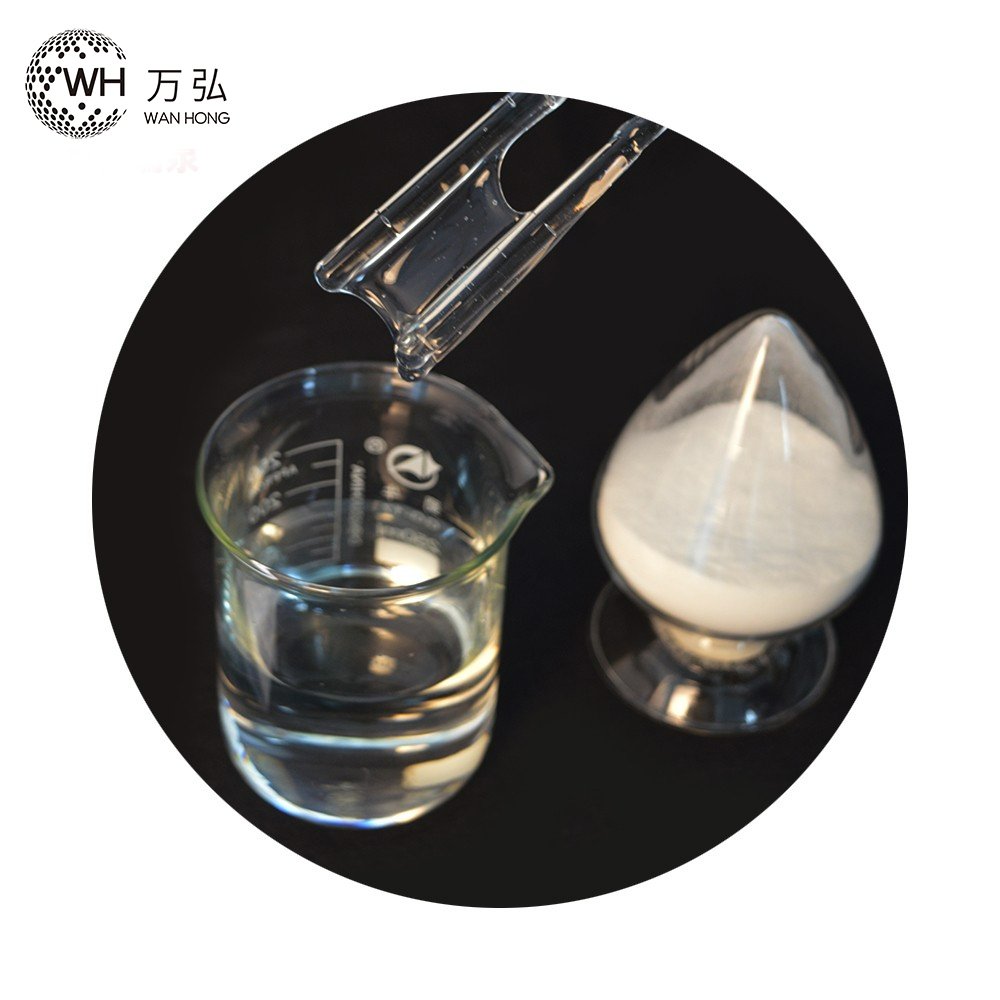
Our Services
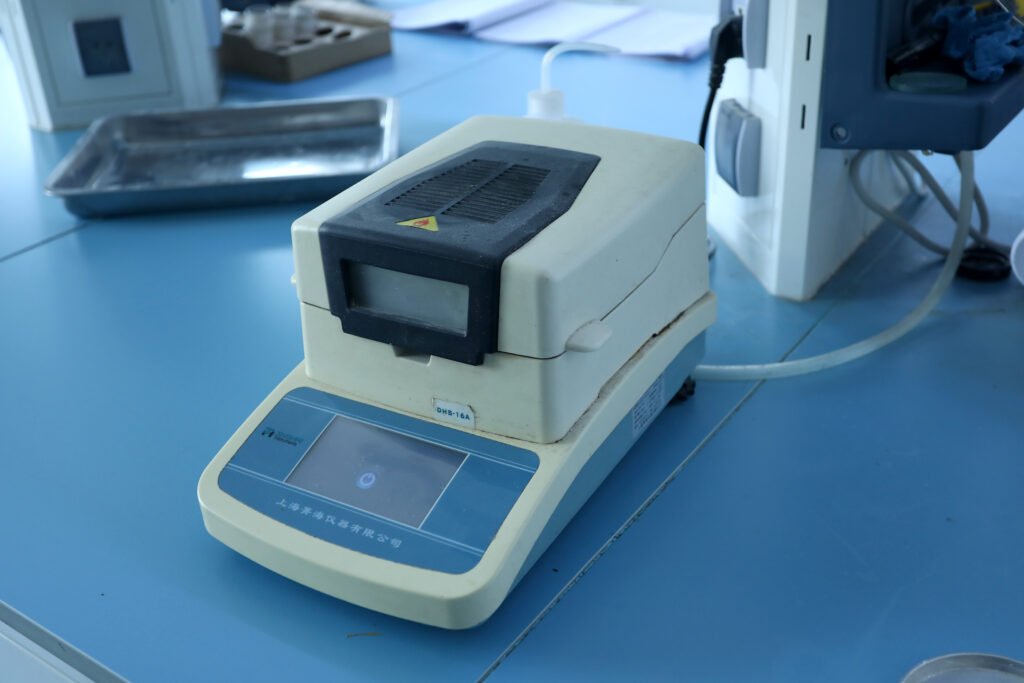
Product Testing
Each batch of cellulose produced by us will be tested to see if the indicators meet the national standards.
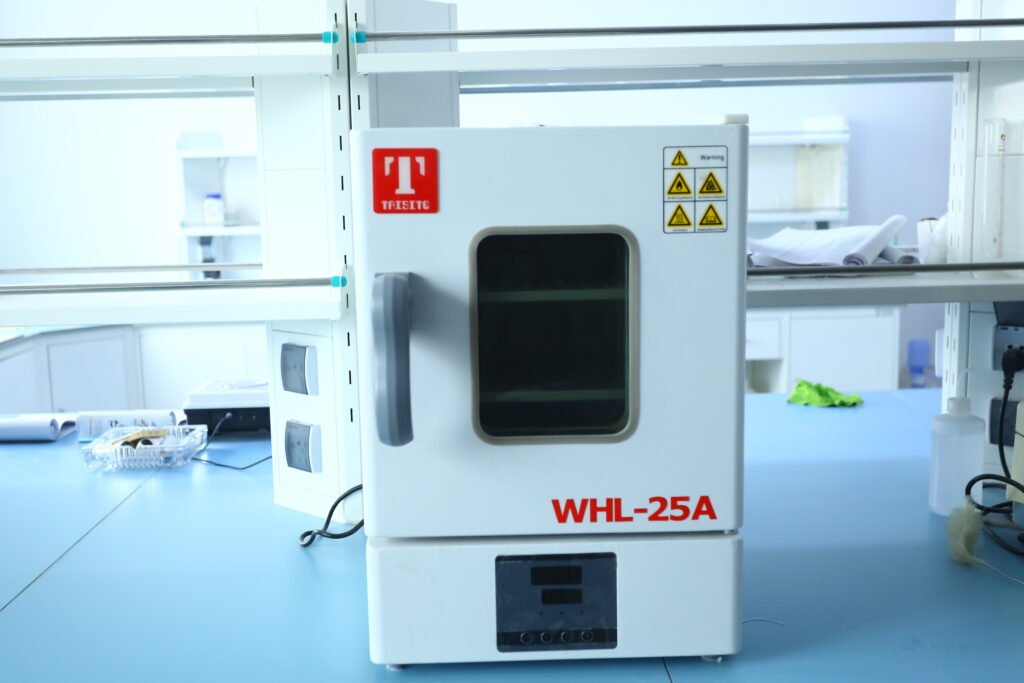
Technical Support
It can be adjusted to produce a product that fits your national standards.

Logistics Support
We offer seamless, logistics support that meets your needs. We can assist you with product handling and delivery that is always on time and within budget.
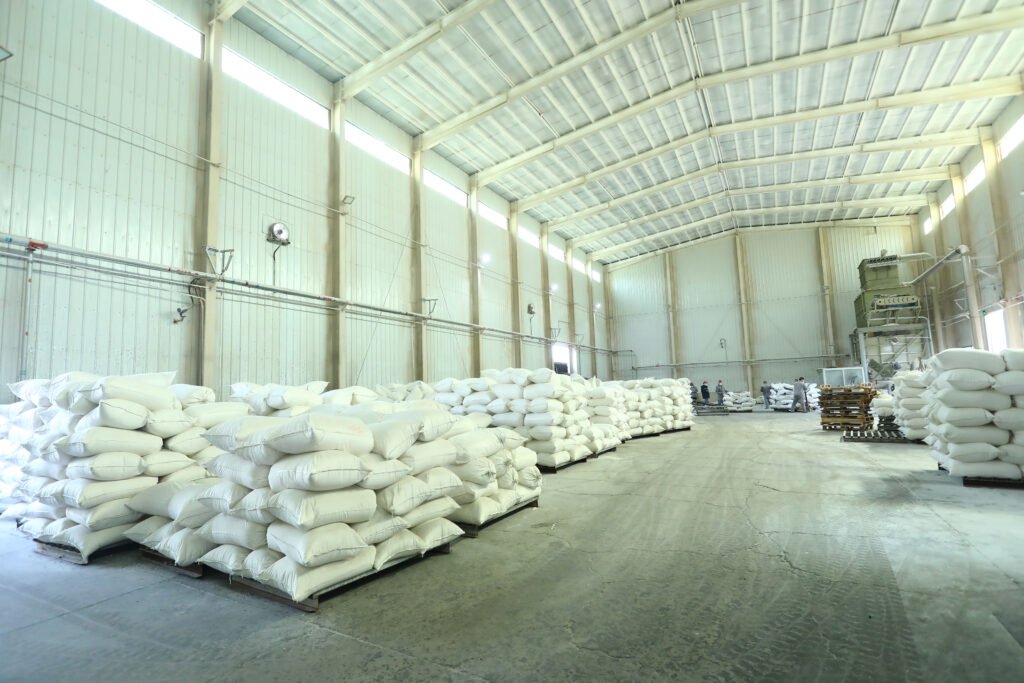
Customized Packaging
Packaging can be designed specifically for your company’s style or preference to increase your company’s visibility in the local area.
Frequently Asked Questions
We’ve compiled the most frequently asked questions about HEMC for your convenience, but if you have any additional questions, please feel free to contact us.
What is HEMC?
What are the main applications of HEMC?
How does HEMC differ from other cellulose ethers like HPMC?
Is HEMC safe to use?
Can HEMC be used in organic formulations?
How do I choose the right HEMC grade for my application?
This FAQ aims to address the most common questions about HEMC.However, for more specific enquiries or technical support, it is advisable to contact us directly.
